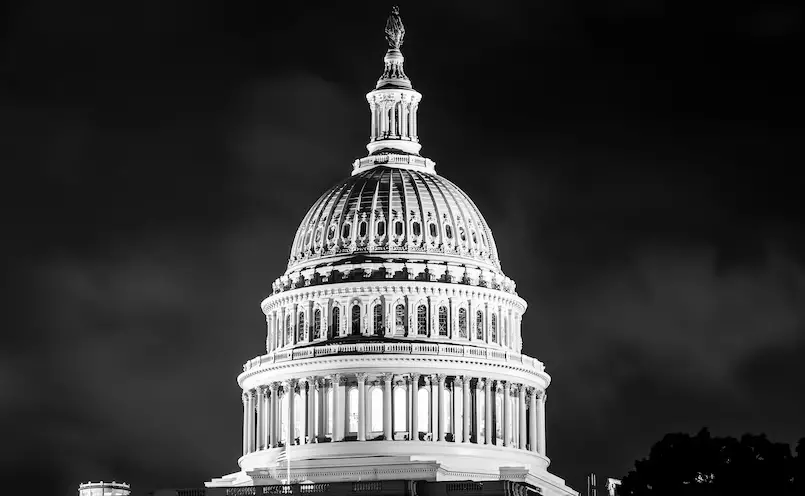The House of Representatives passed the Inflation Reduction Act Friday, by a vote of 220 to 207. The bill will now head to the White House to be signed and become law.
The bill will have many effects, from spending hundreds of billions of dollars over the coming decade towards climate change, reducing the cost of prescription drugs, and cutting the deficit, to beefing up the IRS to more aggressively enforce tax laws on the public.
Here are a few of the things which the bill will now do.
The main portion of the bill will allocate $370 billion for climate change and green energy efforts. There will be $9 billion given to retrofit homes to make them more green, $20 billion to build more electric vehicles and encourage their purchase,
It will also create new rules around federal land sales associated with oil drilling, devote money to dealing with areas confronted with droughts, as well as make changes to the health care system.
One provision will allow Medicare to negotiate for prescription drug prices to lower the costs the government pays for prescription medicines. It will also extend subsidies for health insurance which began in the 2010 Affordable Care Act for an additional three years, for a cost of about $64 billion. Those subsidies were set to expire this fall.
Experts concede the inflation-fighting aspects of the bill are not likely to amount to much. The Penn Wharton Budget Model predicted the act will actually increase inflation slightly until 2024, and only slightly decrease it afterward. However the group says it expects the bill will not have much effect either way in practice.
Marc Goldwein, a senior director at the Committee for a Responsible Federal Budget said that although he supports the bill, “This bill is not going to get us from 9% inflation down to the 2% to 3% [the target range for the Fed.”
To pay for all these initiatives, the bill makes three changes to the tax code.
First it creates a new minimum corporate tax that will apply to corporations that have made more than $1 billion in book profits in recent years. Originally this had been designed to generate approximately $313 billion in revenue, however Senator Sinema demanded a change in rules around depreciation which will reduce that number by roughly $40 billion.
The bill will also allocate billions to the IRS to launch audits of taxpayers to increase revenue, including money for about 87,000 additional IRS agents. Experts have predicted the $80 billion that is being given to the IRS will yield about an additional $203 billion in taxes.
Finally, the bill will place an additional 1% excise tax on stock buybacks. That provision, which was demanded by Sinema, will add roughly $73 billion to the US Treasury.


